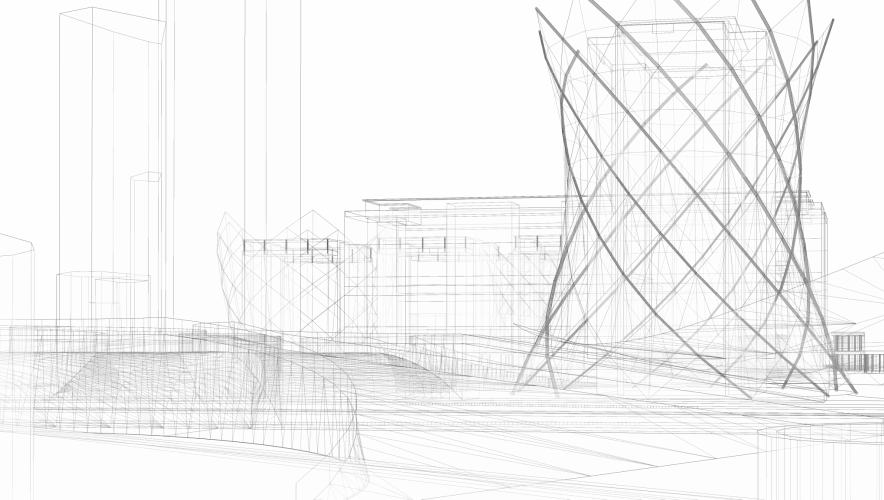In The Republic of India v Deutsche Telekom AG [2023] SGCA(I) 4, the Court of Appeal of Singapore refused an application by the Republic of India (India) to protect the confidentiality of its appeal against an order granting leave to enforce an arbitral award in favour of Deutsche Telekom AG (DT) issued in an investment treaty arbitration between India and DT seated in Switzerland.
India relied primarily on sections 22 and 23 of the International Arbitration Act 1994 (IAA), read with O 16 r 9(1) of the Singapore International Commercial Court Rules 2021, to seek orders for the appeal and related proceedings to be heard in private and for information and documents relating to the appeal to be concealed (Confidentiality Orders). In the alternative, India sought to invoke the inherent powers of the Court to obtain the Confidentiality Orders.
India's case was that the Confidentiality Orders were necessary to protect the confidentiality of the arbitration, which had not been entirely lost. India also argued that the grant of Confidentiality Orders would be in the interests of justice, claiming there was a real risk that India would suffer prejudice because information relating to the arbitration had been misused by third parties to portray India negatively.
DT opposed the application on the basis that the information pertaining to the arbitration and the related proceedings was already in the public domain. DT also submitted that the principle of open justice should prevail, especially in an investment treaty arbitration that involved matters of public interest. DT further argued that there was no basis for the Court of Appeal to exercise its inherent powers as India's case was not bona fide given it had publicised decisions and information relating to the arbitration when it served its own interests.
Sundaresh Menon CJ clarified the law, holding that although arbitral proceedings were "to be heard in private by default" by virtue of sections 22 and 23 of the IAA, there is "no independent interest in the confidentiality of court proceedings".
The Court found that there had been multiple disclosures of considerable information in widely accessible forums relating to the arbitration, including (most significantly) the interim and final arbitral awards. It was also observed that India's own lawyers were complicit in the disclosure of certain information, and took issue only with the style of certain disclosures rather than the actual act of disclosure itself.
Accordingly, the Court of Appeal held that this was clearly a case where the confidentiality of the arbitration had been lost, consequence of which there was no basis for maintaining the confidentiality of the enforcement proceedings in Singapore under the IAA.
Further, given that India's alternative case sought pursuant to the inherent powers of the court were based on the same grounds, it naturally failed as well. There was no risk of prejudice or miscarriage of justice arising from the disclosure of further information in the appeal. To that end, the Court of Appeal held that such inherent powers ought only be exercised when necessary in the interests of justice – and this did not extend to India's want for its conduct to not be scrutinised publicly.
Whether or not India's application was bona fide was held to be immaterial as an order lifting privacy is not typically justified as a means of penalising a party.
What is done cannot be undone
In considering the granting of any confidentiality orders, the Court of Appeal has adopted a practical approach in that it does not seek to recover what has been lost and has also shown its willingness to scrutinise a party's treatment of any information it claims confidentiality over. Where confidentiality has already been lost, parties should not hang their hopes on obtaining orders to protect an empty house against the principles of open justice.
This case serves as a salient reminder for clients and lawyers alike to be vigilant about any disclosure of confidential information and take appropriate steps to prevent or remedy such disclosure. Proactive, consistent, and timely actions should therefore be taken to maintain that confidentiality even where disclosure has been inadvertent or merely threatened. This may include the seeking of urgent ex parte injunctions where warranted. By the same token, care should be taken to not act in a manner that undermines the confidential nature of the matters. Where multiple jurisdictions are concerned or where the dispute involves matters of international public interest, coordination between the various stakeholders involved from the outset will be crucial.




